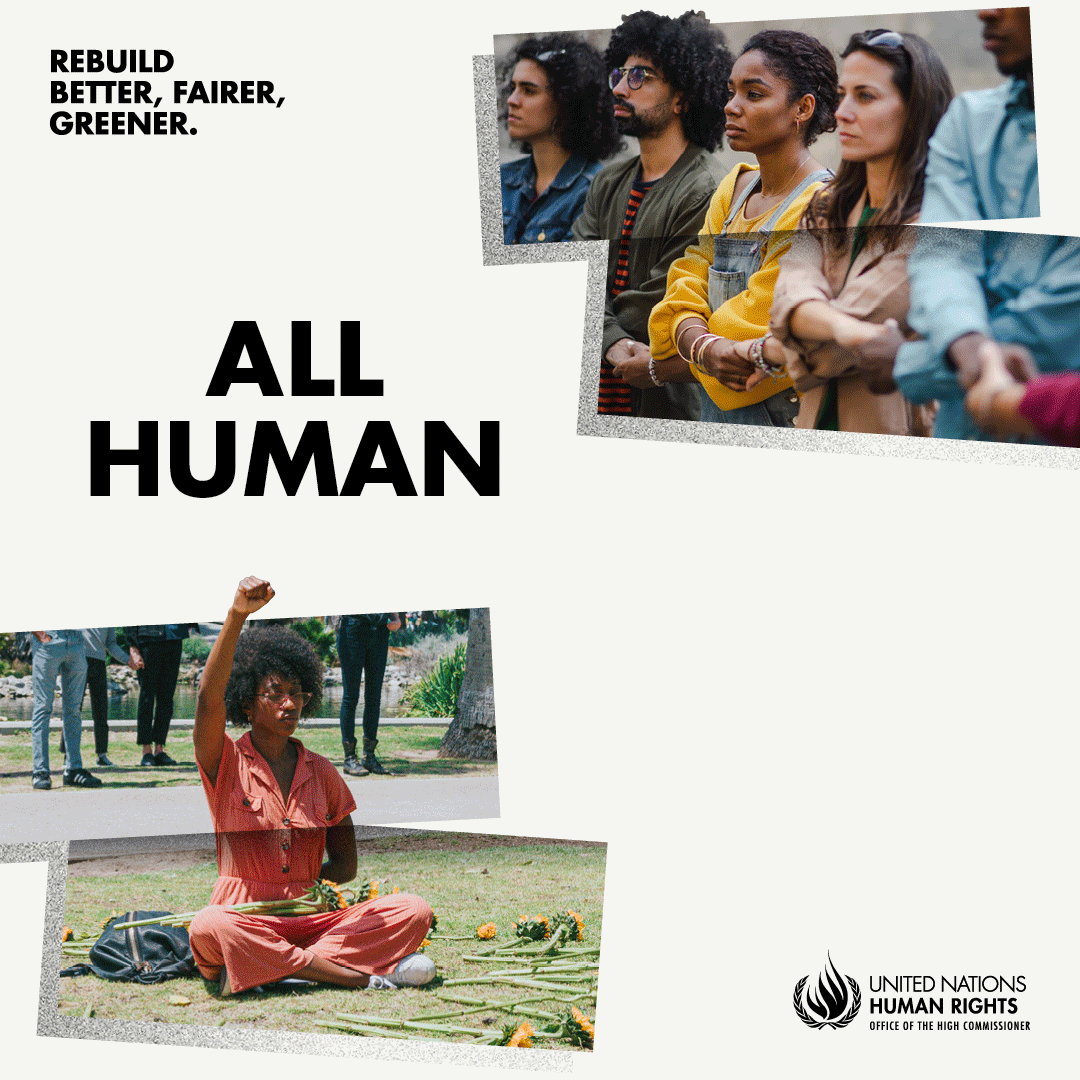Prepared using the IDPC event report
Traditionally, the International Drug Policy Consortium (IDPC) organises civil society events the day before the CND meets every March in Vienna. One of them is orientation training for newcomers, those that participate in this important event for the first time.
This year, parallel to that, IDPC hosted the Consultation on OSF Drug Policy Opportunities.
In 2023, the Open Society Foundations (OSF) announced plans to adopt a new operating model and related changes in their structure and teams – moving away from different regional and thematic programmes, towards a more “opportunity-based” grant-making approach in which all resources are to be focused on achieving a smaller number of big, transformational changes. As part of this process and acknowledging the important role that OSF continues to play for the drug policy and harm reduction sectors, IDPC was invited to conduct a consultation of our membership to provide inputs and ideas into the future of OSF funding in this area. An online survey was issued to all 195 network members, from 75 countries, with translations in English, French and Spanish. A total of 198 suggestions were received from 76 organisations, and these will be shared in full with OSF colleagues. The results then helped to shape discussions at a face-to-face meeting in Vienna, Austria. Approximately 60 people attended this meeting, held ahead of the IDPC members meeting in the margins of the UN Commission on Narcotic Drugs.
Kasia Malinowska, Director of Drug Policy at OSF, to help frame the meeting and subsequent discussions. Kasia explained the new operating model at OSF, with current plans to focus on 19 headline, transformational opportunities – one of which is progressive drug policy reform.

Six key themes emerged from the survey responses, and these were divided (in no particular order) across two sessions with participants asked to join one of three break-out groups each time and help elaborate key 3, 5 and 8-year goals for each area:
- Community leadership, mobilisation and campaigning
- Decriminalisation and criminal legal reforms
- Narratives, culture and media
- Reform at the international stage (including regional work)
- Access to harm reduction, treatment and medical services
- Legal regulation
Presentation of the group work was held in plenary.
Afternoon was dedicated to IDPC member organisations meeting. We learned about several actions taken by IDPC, discussed network’s strategy and strategic plan and shared interesting information.


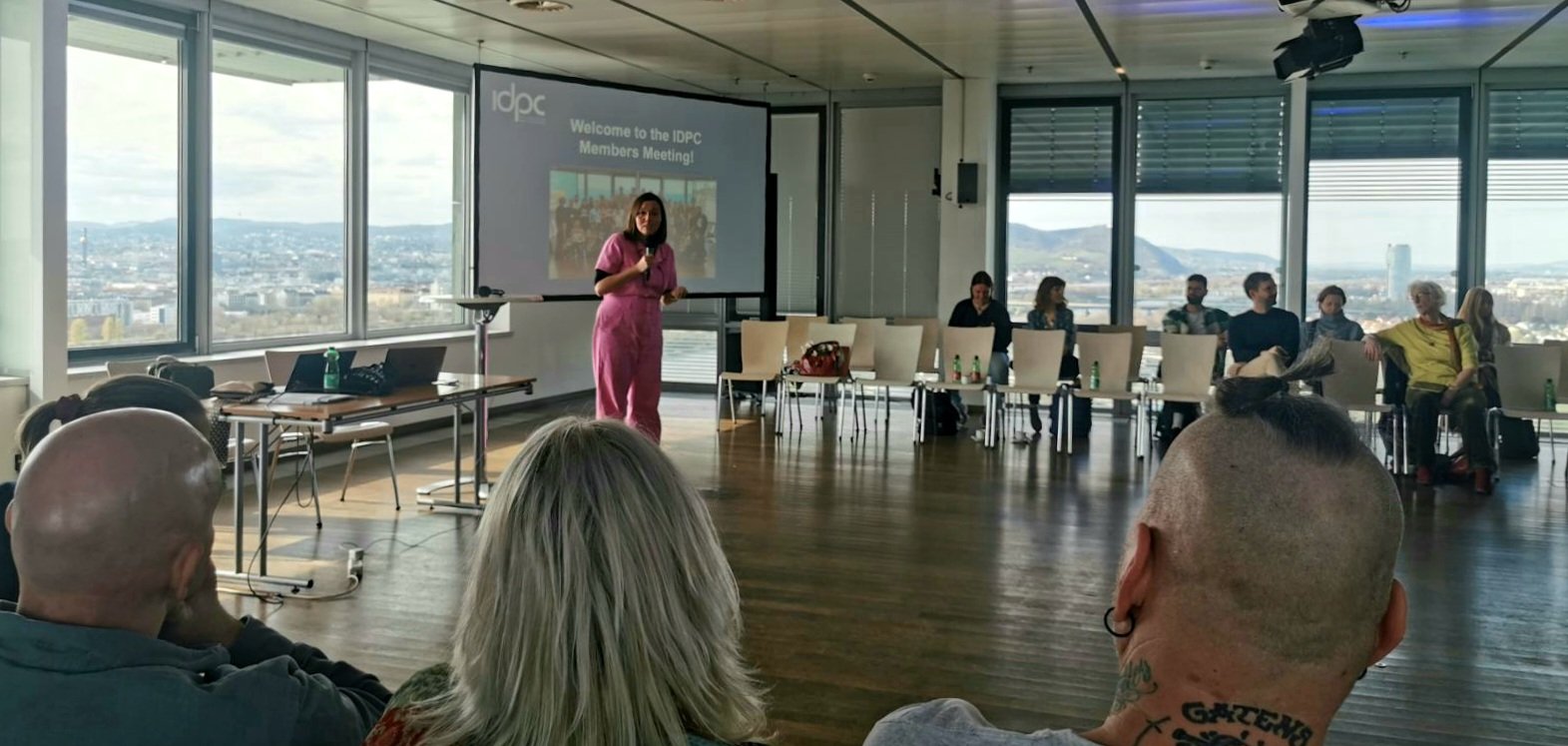




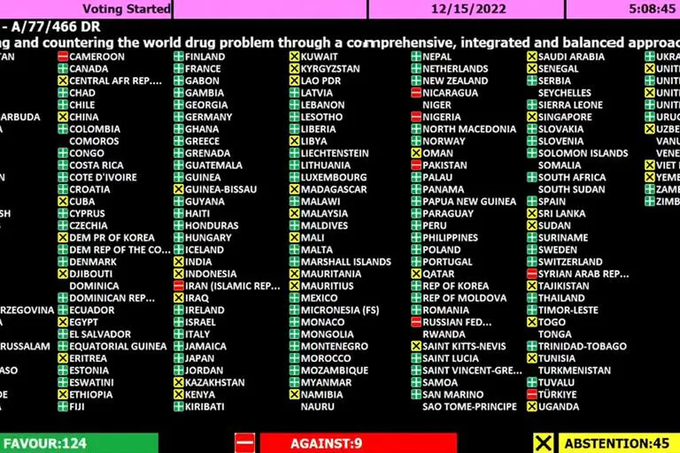

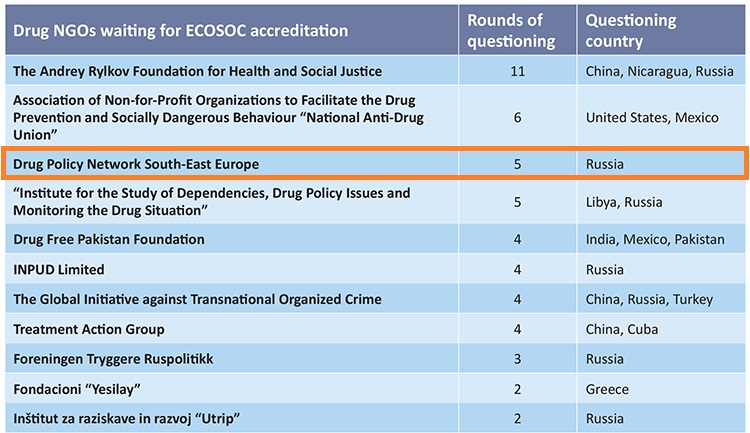
 You can access the report
You can access the report 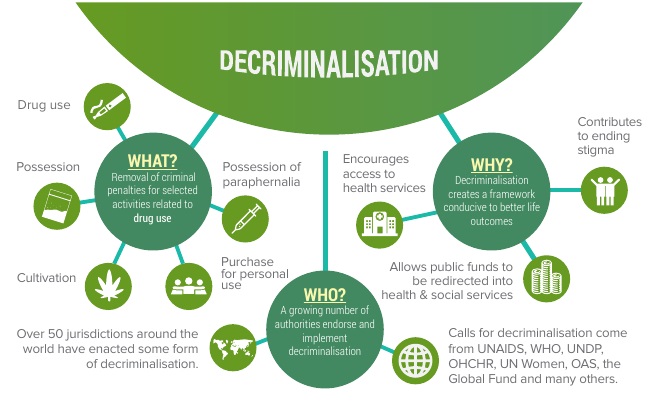

![Drug Decriminalisation [e]Course](https://dpnsee.org/wp-content/uploads/2021/12/eCourse.jpg)
